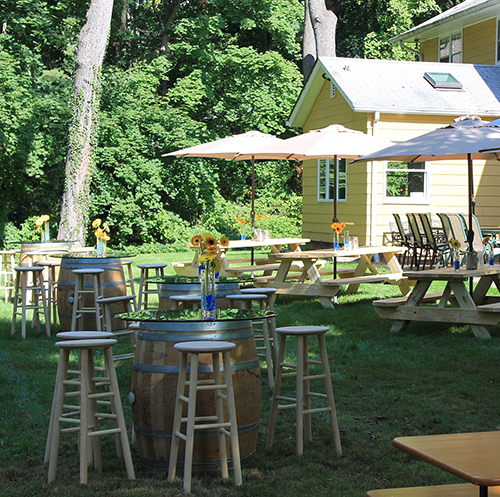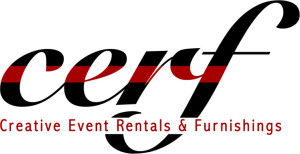Planning an Event in the Summer Season: Our Top Tips
The summer time is a busy season for events! The summer season can be busy and demanding for the most seasoned of planners. Not only do you have to pull together events flawlessly, but you also have to adapt to the unique challenges that the hotter months have to offer.
To help you out, we’ve put together our list of top tips for summer event planning. Read on to find out more and help organize the best possible event with maximum efficiency and success.
Be Familiar with the Layout of the Venue
 Failing to be familiar with a venue can be a disaster. Small problems can become big problems when you’re running out of time or discovering them the day before or worse, the day of the event! You don’t want this to happen to you, so become familiar with the layout of a venue and visit it physically if at all possible. This will allow you to visualize the event as well as perceive any potential issues ahead of time, allowing you to deal with them far ahead of time as well.
Failing to be familiar with a venue can be a disaster. Small problems can become big problems when you’re running out of time or discovering them the day before or worse, the day of the event! You don’t want this to happen to you, so become familiar with the layout of a venue and visit it physically if at all possible. This will allow you to visualize the event as well as perceive any potential issues ahead of time, allowing you to deal with them far ahead of time as well.
Especially if the event involves pools, you want to know where the higher traffic areas are and know ahead of time where you can set up music, electronics, and more, and where you can run cables and plug things in. It’s important to know what the venue is like so you can plan guest placement, water sensitive equipment, locations, and lighting and have no issues on the day of the event.
Arranging for AC in Indoor Events
There is nothing worse than attending an event and having it indoors– with no air conditioning. This is a major thing you should be on top of, but it’s also one of the most-forgotten aspects of event planning, believe it or not. No matter what the event, having an air conditioned space during the summer months is key. Otherwise you risk your guest being uncomfortable. So be sure to check with building management at the venue to confirm that they not only have AC, but it will be running and in full use during the event.
Plan Set Up Around the Weather
It’s not uncommon for eleven to two or even four to be the hottest times of the day. With outdoor events, this means that you will most likely get maximum efficiency from setting up when it’s not blisteringly hot (or worse, humid) outside. Do not make the mistake of selecting a venue without AC!
Arrange for loading in the morning of the event date if you possibly can if the weather is going to be very high heat under the sun and make sure you have water on hand for staff. AC is one of those things that people won’t notice when it’s on but will RUIN an event when it is lacking.
Choose a Date that Doesn’t Conflict with Other Events
Unless you are trying to have your event compete with another, make things easier and check that it doesn’t overlap with other events. This will help you have the date, time and location of the event and ensure maximum attendance because they are not competing with other events for guests’ attendance.



 published on Jun 30, 2017 @ 4:43 pm
published on Jun 30, 2017 @ 4:43 pm
 author:
author:  comments: 0
comments: 0
 category:
category:  tags:
tags: